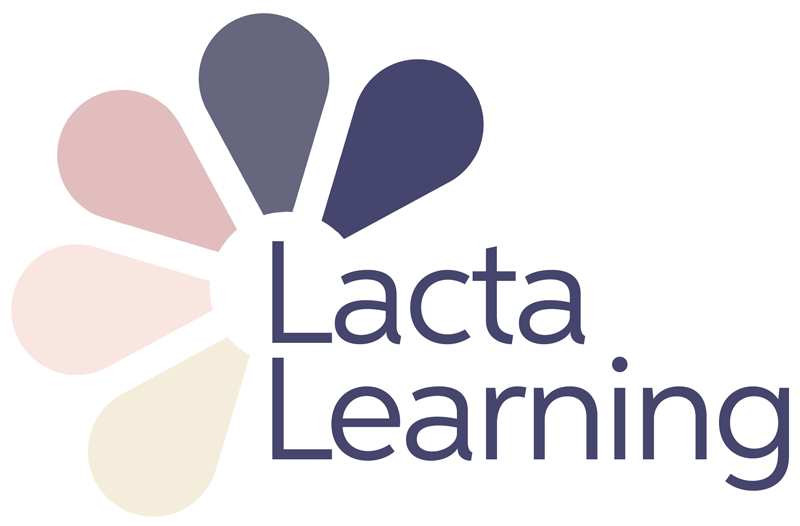What’s the deal with lipase?
There was a recent paper published called Food-Derived Compounds Extend the Shelf Life of Human Milk.
Nancy and Barbara found this very interesting and discuss the merits of the findings from this paper, what we actually know about lipase and human milk, and what should we be doing about lipase, if anything. They had many questions about this paper including the fact it was not peer reviewed, not published in a journal, they didn’t actually measure the lipase levels of individuals, and address the question of fresh expressed milk sometimes smelling “lipasey”.
Let’s start with what is lipase? We know it is an enzyme that helps break down food. Not everyone agrees about what is true concerning lipase and human milk. Dr. Katrina Mitchell says, “There is no scientific evidence to support the concept of high lipase breastmilk from the freezer. Milk may smell bad after thawing, but it is from general breakdown of fatty acids rather than an abnormally high content of lipase. Because the breast is an endocrine organ and sweat gland, breastmilk may smell in the same way our armpits or groins smell. Humans are smelly animals :). In addition, babies may dislike bottle milk because they prefer feeding at mom’s breasts, with her warmth and smell. The Academy of Breastfeeding Medicine Human Milk Storage Protocol reviews the fact there is no evidence to support the concept of “high lipase” and IABLE has an excellent podcast on this topic as well.”
So, do we even have a problem? It does seem like some parent’s milk becomes “smelly” after it has been expressed and some babies don’t seem to want to drink it. So what is going on? The fact is we are still not sure.
From the new article. “We developed a first-of-its-kind high-throughput screening platform to identify food-derived compounds and combinations of compounds that, when added to human breastmilk, preserve fat content, retain antioxidant capacity, and reduce production of rancid-associated free fatty acids during extended freezer storage. These formulations represent leads for the development of safe and affordable frozen breastmilk shelf-life extenders for easy at-home use to increase the longevity of stored breastmilk.”
But do we need this? Nancy and Barbara worry that people will use this compound in their milk preemptively, even when they very well might not have a “lipase” issue. Are we “solving” a problem that doesn’t need to be solved? In other words, exploiting worried families?
The author does note this:
“Competing Interest Statement
The authors disclose affiliation with and equity in PumpKin Baby Inc., a Princeton University spinout and for-profit public benefit corporation formed over the course of this work. PumpKin Baby Inc. is working to develop and commercialize the technology presented in this report, as the organization's stated purpose is to provide access to scientific research and products that aim to improve access to breastmilk, breastfeeding, and maternal and infant health. Several patents related to the technology described in this manuscript are pending and assigned to Princeton University.”
Clearly, he wants to make money off of this, well meaning or not.
If you come across colleagues or parents wondering about this, let them know the jury is still out. At this time we cannot say that this is a good solution to the problem.
https://llli.org/breastfeeding-info/smell-human-milk/
Podcast: Play in new window | Download
